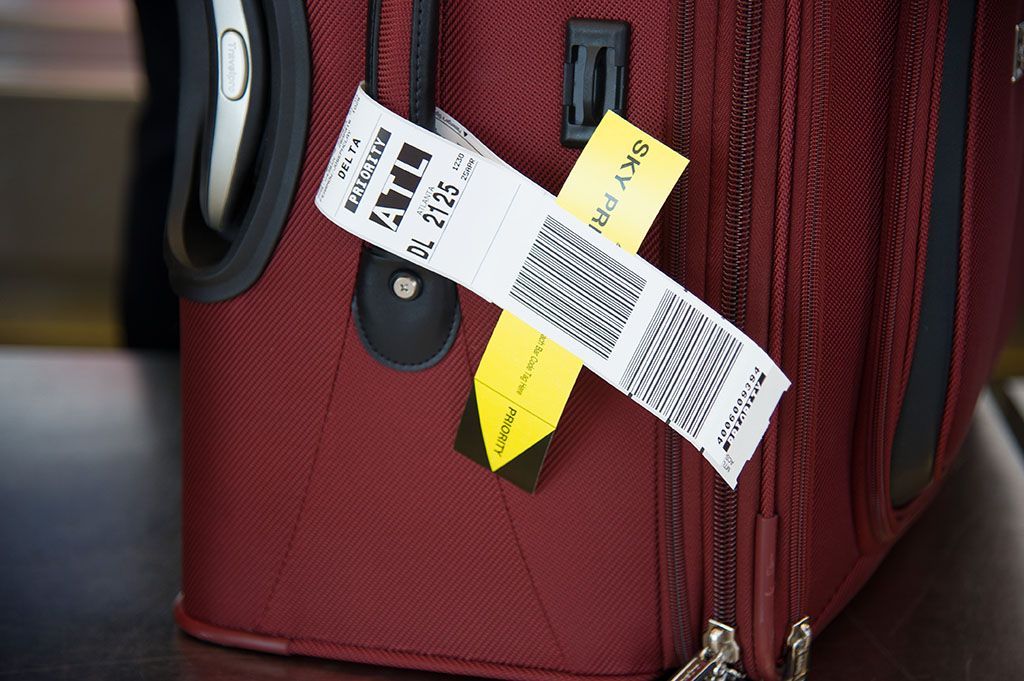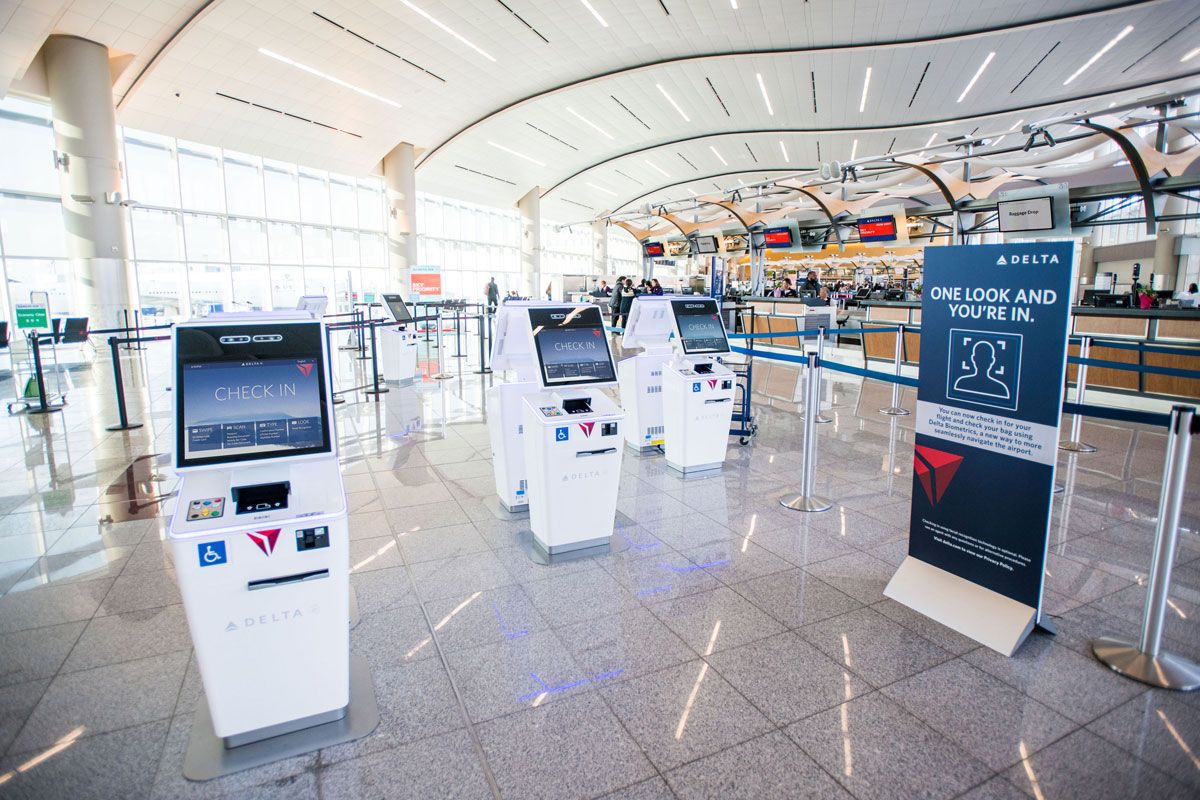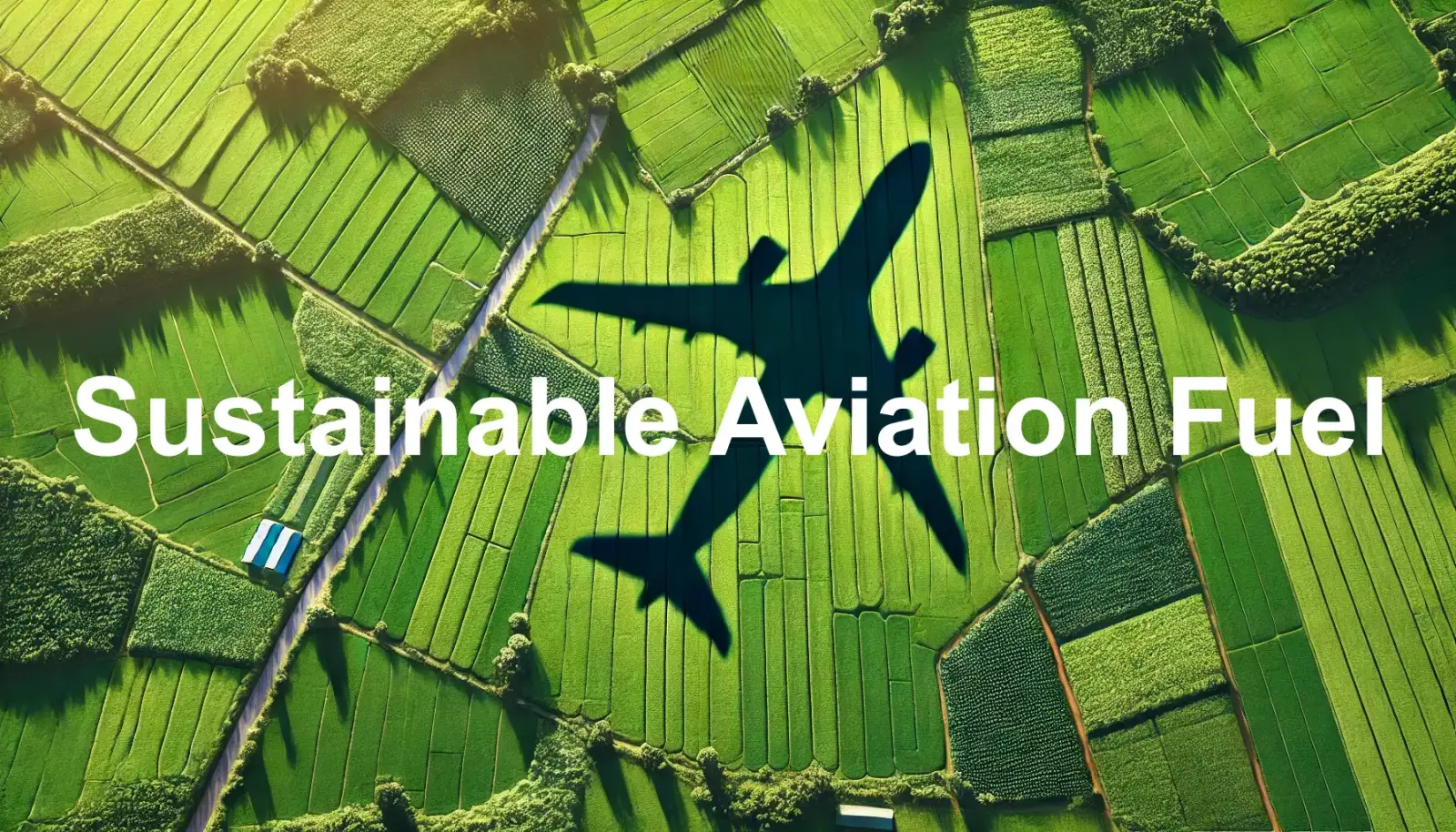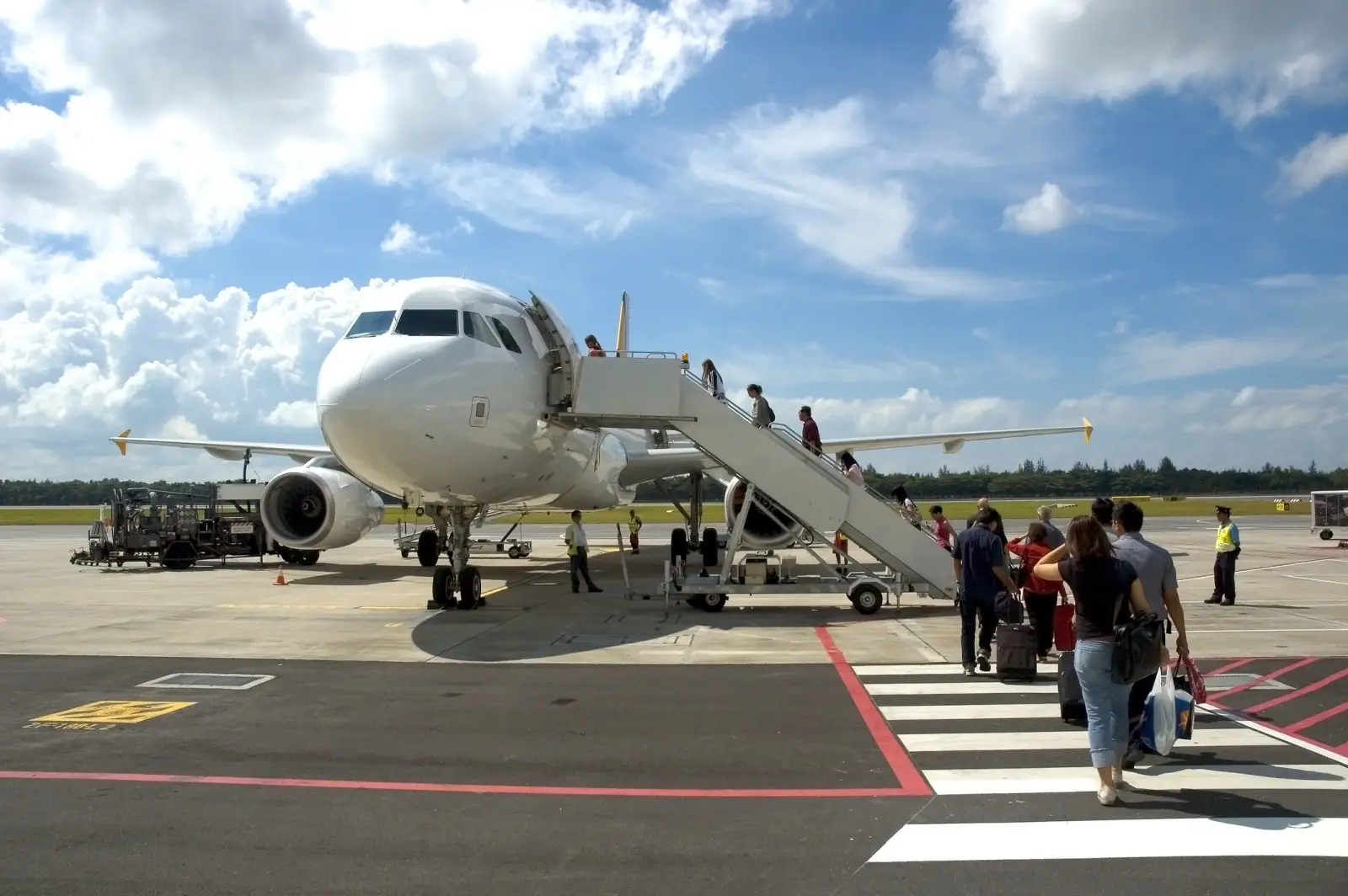The International Air Transport Association (IATA) is set to launch the inaugural World Sustainability Symposium (WSS) in Madrid, Spain on October 3-4, 2023.
As countries’ governments start to align with the aviation industry’s pledge to achieve net zero emissions by 2050, the symposium aims to facilitate crucial discussions on seven key areas.
These areas include the overall strategy to achieve this ambitious goal, particularly in relation to the use of Sustainable Aviation Fuels (SAF). The role of government and policy support, effective implementation of sustainability measures, financing the energy transition, measuring, tracking, and reporting emissions, addressing non-CO2 emissions, and the significance of value chains will also be up for discussion.
The WSS brings together experts from the industry and governments to debate and discuss the key enablers to the successful decarbonization of aviation, which has been identified as the sector’s biggest challenge ever. The Director General of IATA, Willie Walsh, is set to speak at the symposium.
“In 2021, airlines committed to net zero emissions by 2050. Last year, governments made the same commitment through the International Civil Aviation Organization. Now, the WSS will bring together the global community of sustainability experts in the industry and governments to debate and discuss the key enablers for aviation’s successful decarbonization,” said Walsh.
The symposium will offer a tailored platform for airline sustainability professionals, regulators, and policymakers, as well as stakeholders in the industry’s value chain. Aiming to provide solutions for achieving net-zero carbon emissions by 2050, the symposium is an excellent opportunity to share innovations and collaborate on strategies that can help the aviation industry achieve its environmental targets.
The WSS takes place at a time when the aviation industry is gradually recovering from the impact of the Covid-19 pandemic. The global aviation industry has an incredible opportunity to reset, refocus its efforts on sustainability and consider the environmental impact of its activities. There is a growing need to invest in more sustainable aviation technologies that can reduce fuel consumption and emissions.
While the aviation industry accounts for only a small fraction of the world’s greenhouse gas emissions, it has been identified as a sector with enormous potential for progress. SAF has been identified as a critical component of decarbonizing the aviation industry. However, additional sustainability measures are still necessary, such as developing aircraft with lower emissions and improving air traffic management.
The aviation industry needs to embrace environmental and social sustainability to ensure a consistent, successful future. The World Sustainability Symposium is an excellent opportunity for everyone involved in the aviation industry to take actionable steps towards this goal. As we move towards a cleaner, greener future, the aviation sector has an essential role to play, and the industry’s collective efforts must be directed towards achieving net-zero carbon emissions by 2050.













